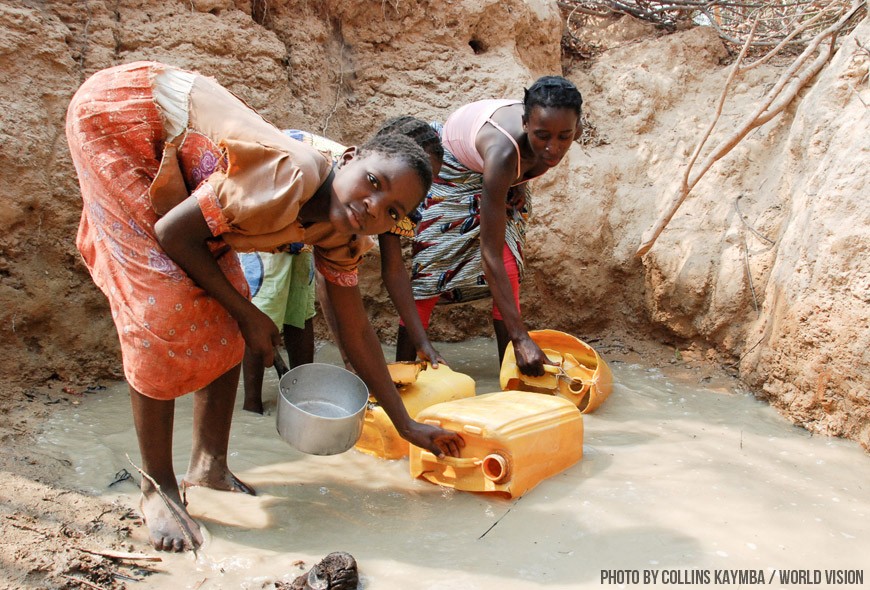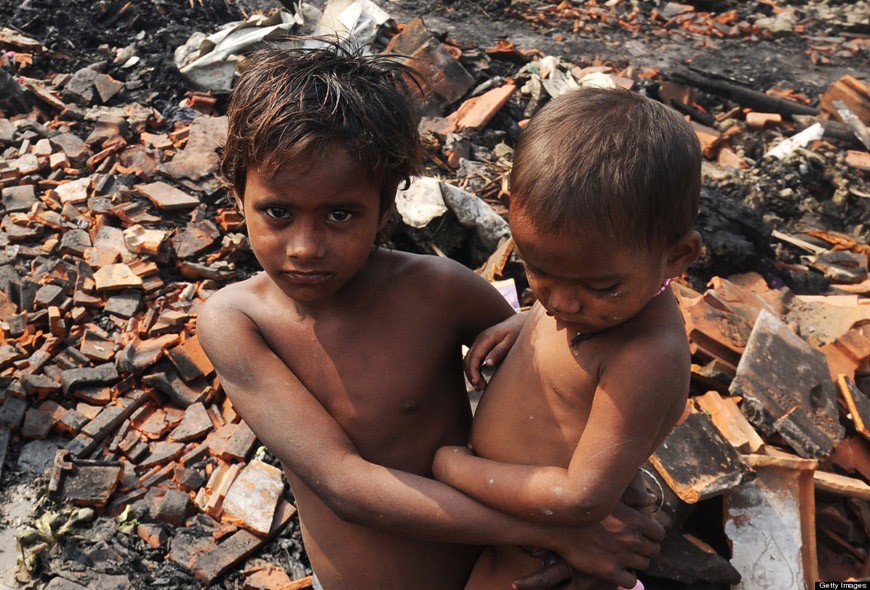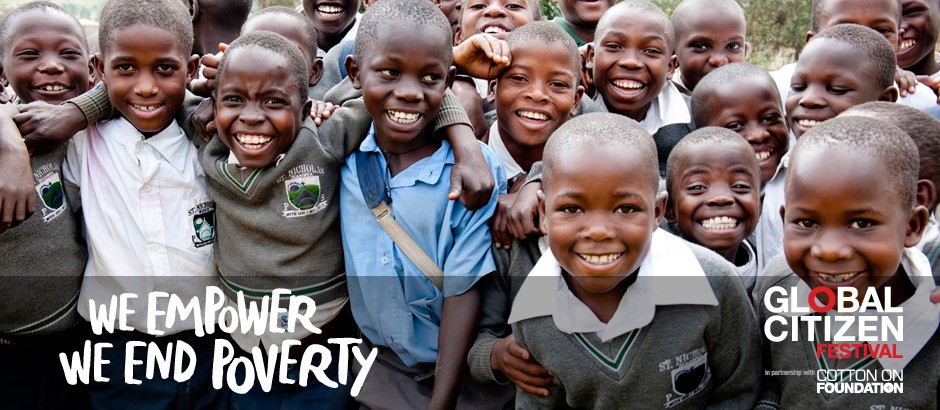Calling all Millennials! Since 1990, poverty rates have been cut in half. Now that we’re old enough to take matters into our own hands, if we continue this trend, we can virtually eradicate extreme poverty by 2030. Let that thought resonate in your mind.
Yes, it’s a daunting task, considering all of the places around the globe today that are struggling from poverty, but since when are we a generation that sits back without giving something our best shot? With all of the opportunities to get involved with non-profit organizations, volunteer work, and the social media outlets for us to get our voices heard, there are numerous ways to help in this fight to alleviate global poverty on a large scale.
Did You Know…
The richest 20 percent of the world’s population accounts for 75 percent of global income while the poorest 40 percent accounts for 5 percent. The poorest people also have less access to education, healthcare and are typically underrepresented in public and political debates, making it more difficult for them to escape poverty.
There’s an estimated 40 million people living with HIV/AIDS and every year there are 350-500 million cases of malaria. Africa specifically is extremely affected by this statistic as 90 percent of malarial deaths occur in Africa.

Although it may seem like a helpful gesture, food aid when not used for emergency relief can actually be extremely destructive to the economy of a developing country. The food is either free or subsidized, making it cheaper than market prices. This undercuts local farmers and drives them out of their jobs into poverty. This also creates more of a reliance on the nations that are sending in the food, and powerful nations use this as a foreign policy tool for dominance rather than genuine aid.
Who Needs Our Help Most?
The Republic of Congo in Africa has been named the poorest country in the world with 64.8 percent of the population living in extreme poverty. In rural areas, only 11 percent of the population can get water and there’s a 50 percent unemployment rate. More than 1/3 of the children under 5-years-old suffer from malnutrition.
Mozambique is another African country living in extreme poverty, with 11 percent of the total population currently battling HIV. Women are extremely disadvantaged. They have less access to education and many are unaware of their legal rights, such as equal access to land. Their rights are therefore not enforced. Healthcare is also extremely inadequate. The number of women who die in childbirth is one of the highest in the world.

These countries are just a few examples of places around the world that need our help. Now, it’s time for initiative to be taken.
How Do I Get Involved in Ending Extreme Poverty?
There have been huge amounts of global efforts working together to eradicate extreme poverty but there are a lot of different elements needed to rise together. Elisha London, the Campaign Director of the Zero Poverty 2030 Campaign hosted by Global Poverty Project, tells MiLLENNiAL that, “the goal is to eradicate extreme poverty, and this is the first time in all of human history that this is possible. It’s no longer a question of ‘Is this possible?’ but a question of will.”
Elisha says that since 1990, severe poverty rates have dropped from 43 percent to under 20 percent, and that if the efforts continue the way they currently are being put forth, the rate should drop to 9 percent by 2030.
A great way to get involved in the battle against extreme global poverty is to become a “Global Citizen” and join the Global Poverty Project. It’s simple — all you have to do is take a couple minutes and register on www.globalcitizen.org. Your next step is to sign the Zero Poverty 2030 petition, which can be found on Global Citizen and then share, share and share! Challenge your friends and family to take the initiative.
Elisha says that, generally speaking, the petition is, “asking countries to support all efforts to eradicate extreme poverty and not just agree to it, but to make increased commitments.” She says that over 150,000 people have already signed the petition and that the Zero Poverty 2030 Campaign is, “calling on the millennial generation to sign the petition if they want to see a world without extreme poverty by 2030. It’s a campaign that recognizes that huge progress has been made but that increased attention is needed.”
A video of the event was produced by award winning movie writer and director Richard Curtis. The Zero Poverty 2030 Campaign also asks you to share the video to raise awareness and to inspire.
Elisha advises to keep the date July 18th in mind because it is Nelson Mandela Day. “It might be a really nice time to share the petition and the video because he was a huge advocate for ending extreme poverty. It’s very important to remember the legacy of Nelson Mandela and our job is to make his goals a reality.”
Take a look at the Millennium Development Goals that were established in 2000 by the United Nations. There are eight international development goals to be taken on by the 189 United Nations member states and 23 international organizations that committed to help achieve these goals to improve the quality of life on a global scale. You can read more about these goals here: http://www.un.org/millenniumgoals/. Elisha says that, “there is currently a negotiation process between countries in the UN about how the next goals will be tackled beyond 2015,” so she stresses the importance to make sure that you are an active citizen in your country and make sure the goals set in this negotiation are being put to action.

The fight to achieve this great accomplishment may not be as far out of reach as it seems. Imagine that, Generation Y. Let’s go down in history as the generation that eradicated extreme poverty.

